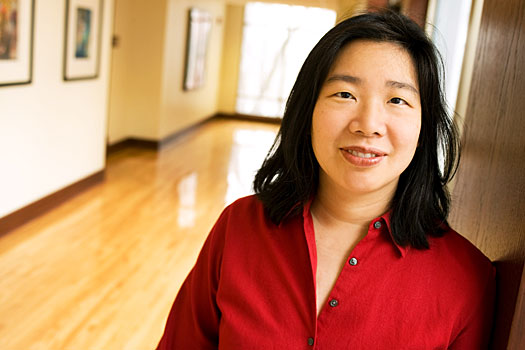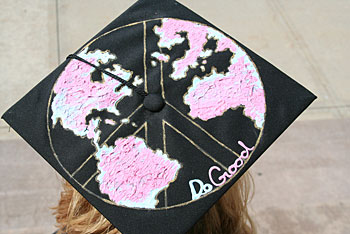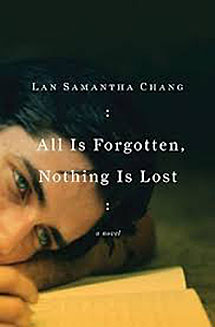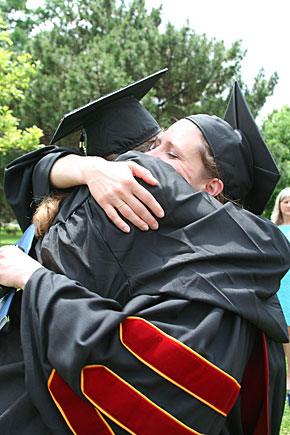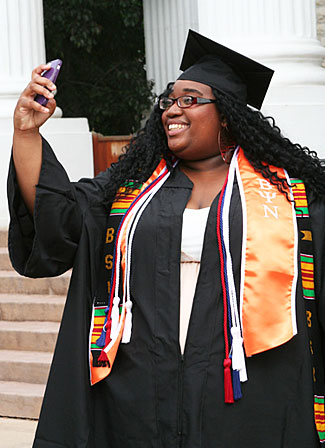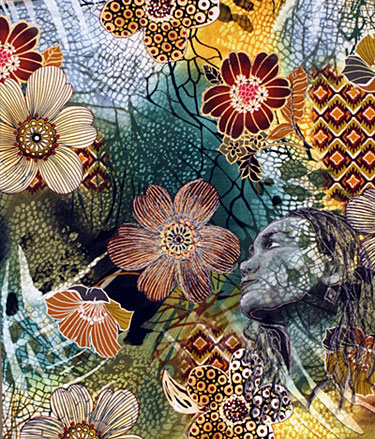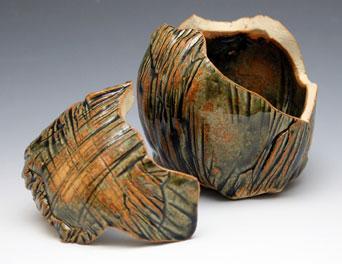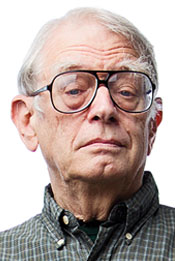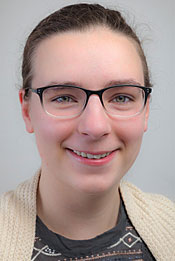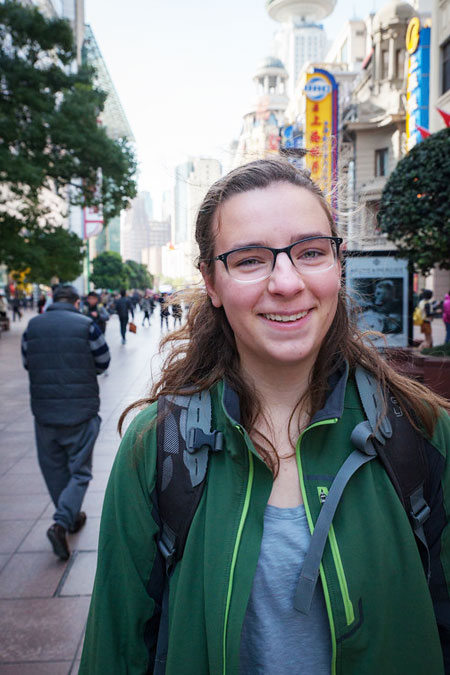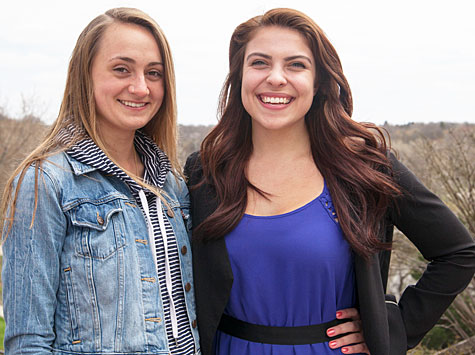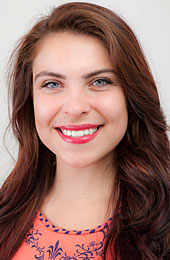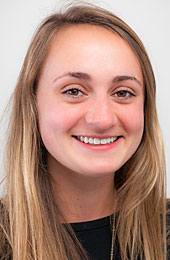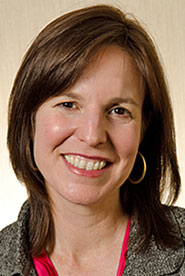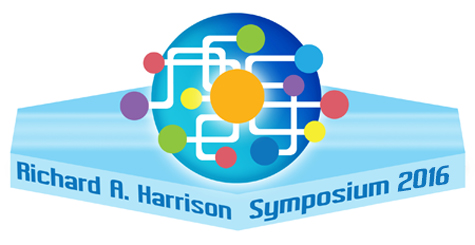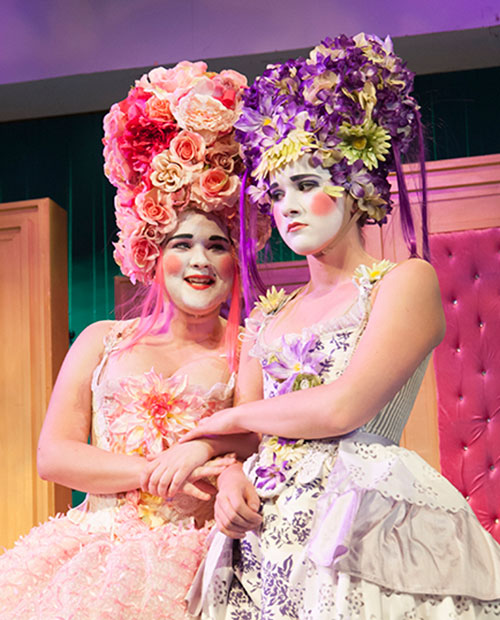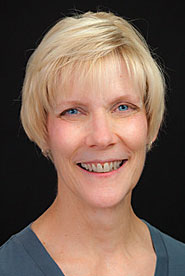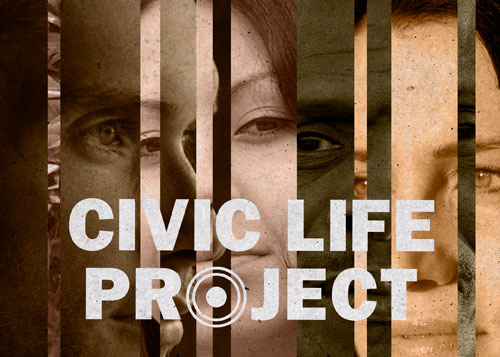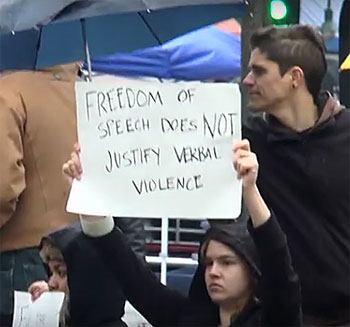
Andy Wang’s college application looks impressively similar to most members of Lawrence’s class of 2020: high grade point average, challenging set of classes, participation in a theatre production, co-president of Model United Nations, a bevy of volunteer/community service projects, published author, charitable foundation founder.
Wait. Published author? Charitable foundation founder??
Okay, maybe Wang’s application has a few atypical highlights.
Charles Dickens was 24 when his first novel was published. Wang had his first book published at the age of 18.
Wang is one of approximately 380 freshmen arriving in Appleton for the start of new student orientation activities Sept. 6. Classes for Lawrence’s 168th academic year begin Sept. 12.
A native of Shenyang, China, a city of eight million people 500 miles northeast of Beijing, Wang chronicled his experiences as an international student attending high school in the state of Washington in the 2015 book “High School Encounter — Seattle.”
“I experienced a significant culture shock when I first came to the United States and writing became my therapy, a way of self-meditation and a process to explore my own identity,” said Wang, who applied to Lawrence on a recommendation from a family friend. He visited campus last spring and embraced the many opportunities he learned Lawrence could offer.
Wang said Chinese culture — where ranking of all things is rampant among young people and anyone or anything considered “the best” is overvalued — contributed to his confusion in his adopted hometown of Burien, Wash.
“Nobody told me how to satisfy myself, so I used all kinds of activities to fill up my time,” Wang said. “Yet, the more activities in which I participated, the deeper the confusion grew. I was always trying to display to everyone the best version of myself, but I felt lost inside.
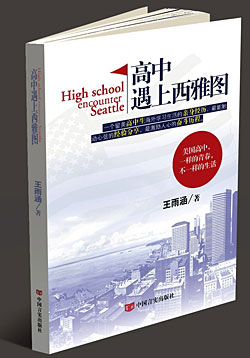 As time passed and I wrote my weekly thoughts, I discovered a deeper understanding of myself and this new world around me.”
As time passed and I wrote my weekly thoughts, I discovered a deeper understanding of myself and this new world around me.”
A blog Wang started evolved into his book, which was published by the largest national book store in China. He then decided to donate all book sale proceeds to assist other students. In June, 2015, the “Andy Reading Fund” was born. Driven by the belief that nothing is more powerful than an educated mind, Wang established the charity to provide educational books and resources to rural students around the world.
“A friend told me recently that she found my book in a library of a small, distant town. I was really quite surprised by that,” said Wang, who wrote an article earlier this year for international students struggling in the culture gap that was carried by several leading Chinese media outlets and led to numerous interviews.
“I never turn down any chance to advocate for the reading fund, raise people’s attention on this topic and help students in need,” said Wang, an only child whose parents both work in the financial sector in China.
In little more than a year, he has raised more than $7,500 for the Andy Reading Fund, much of it from the sale of his book. He has used the funds to make donations to three elementary schools in rural China as well as send learning materials to 52 students at the Chinyaradzo Children’s Home in Harare, Zimbabwe. An anonymous gift provided support for winter coats and new shoes for students at the Zuoguyida Elementary School in Meigu, China.
“Among all the students we’ve sponsored, I remember Ying the most,” said Wang. “She was a young girl in the poorer Liangshan area who received funding to attend high school. Her family could not afford to support her for high school, so she was very moved when she received tuition from the Andy Reading Fund. She kept repeating through her tears ‘I am so, so lucky.’”
“The things that form the backbone of Andy’s story — curiosity, innovation, resilience, care for others — form the core of what we look for beyond all Lawrentians’ academic profiles.”
— Ken Anselment, dean of admissions and financial aid.
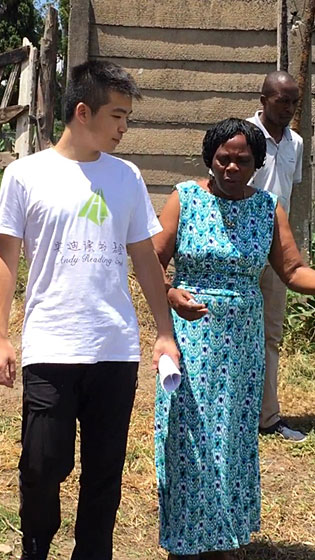
This summer, Wang launched a new initiative to recruit 100 student representatives to sponsor 100 students in need, providing a variety of resources, including the Andy Reading Fund website in both Chinese and English, updates on social media, marketing materials and fundraising guidance.
“Each representative will be asked to raise tuition for one student within a year,” Wang explained. “This project can offer more students an opportunity to do something to help the less fortunate and influence the people around them.”
As he prepares to embark on the college chapter of his life, Wang is looking forward to spreading the gospel of the Andy Reading Fund at Lawrence.
“It’s always a bit scary to come to a new place,” said Wang, who is mulling everything from international relations and gender studies to economics, psychology and mathematics as potential majors. “I still remember how hard I was trembling the first day at my high school in Seattle. But I’m ready to be a part of the Lawrence community.”
Ken Anselment, dean of admissions and financial aid, calls Wang’s story “extraordinary.”
“The things that form the backbone of Andy’s story — curiosity, innovation, resilience, care for others — form the core of what we look for beyond all Lawrentians’ academic profiles,” said Anselment.
Wang and all of this year’s new students were drawn from a school-record applicant pool of more than 3,500 — a 16 percent increase over the previous year. In addition to freshmen, Lawrence also welcomes 25 transfer students and eight visiting exchange students from Tokyo’s Waseda University and from the Netherlands.
Putting the class of 2020 under the magnifying glass reveals:
• Geographically, they hail from 32 states, plus Washington, D.C. Thirteen percent of the freshmen are citizens of 23 foreign countries.
• Wisconsin, Illinois and Minnesota were the top three Lawrentian-producing states. While Wisconsin once accounted for 50 percent of new students, this year only one-quarter of Lawrence freshmen are home grown.
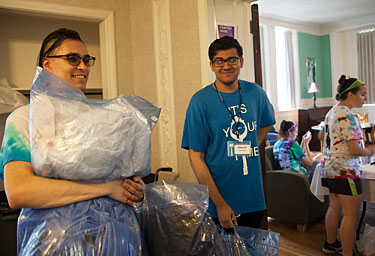
• 23 percent of the freshmen identify as domestic students of color.
• With 19 students, China is sending more freshmen to Lawrence this fall than all but four states (Wisconsin, Illinois, Minnesota and California). Vietnam accounted for the second-most international students with nine.
• Academically, one quarter of the freshmen ranked in the top five percent of their graduating high school classes.
• The average ACT score was 28 among all students and 29 among those who submitted test scores for consideration for admission. Lawrence has been test optional since 2006.
“The folks around here get tired of hearing me say this,” said Anselment, “much as it takes a village to raise a child, it takes a university to enroll a student. I’m grateful that the members of the Lawrence community — and those who support us — devote such great energy in helping us enroll students from all over the world who will thrive here. I’m especially grateful for the tireless work of our admissions and financial aid team’s outstanding effort this year.”
“And as we welcome the class of 2016,” Anselment added “we’re already in high gear working on 2017 and beyond.”
About Lawrence University
Founded in 1847, Lawrence University uniquely integrates a college of liberal arts and sciences with a nationally recognized conservatory of music, both devoted exclusively to undergraduate education. It was selected for inclusion in the book “Colleges That Change Lives: 40 Schools That Will Change the Way You Think About College.” Engaged learning, the development of multiple interests and community outreach are central to the Lawrence experience. Lawrence draws its 1,500 students from nearly every state and more than 50 countries.
